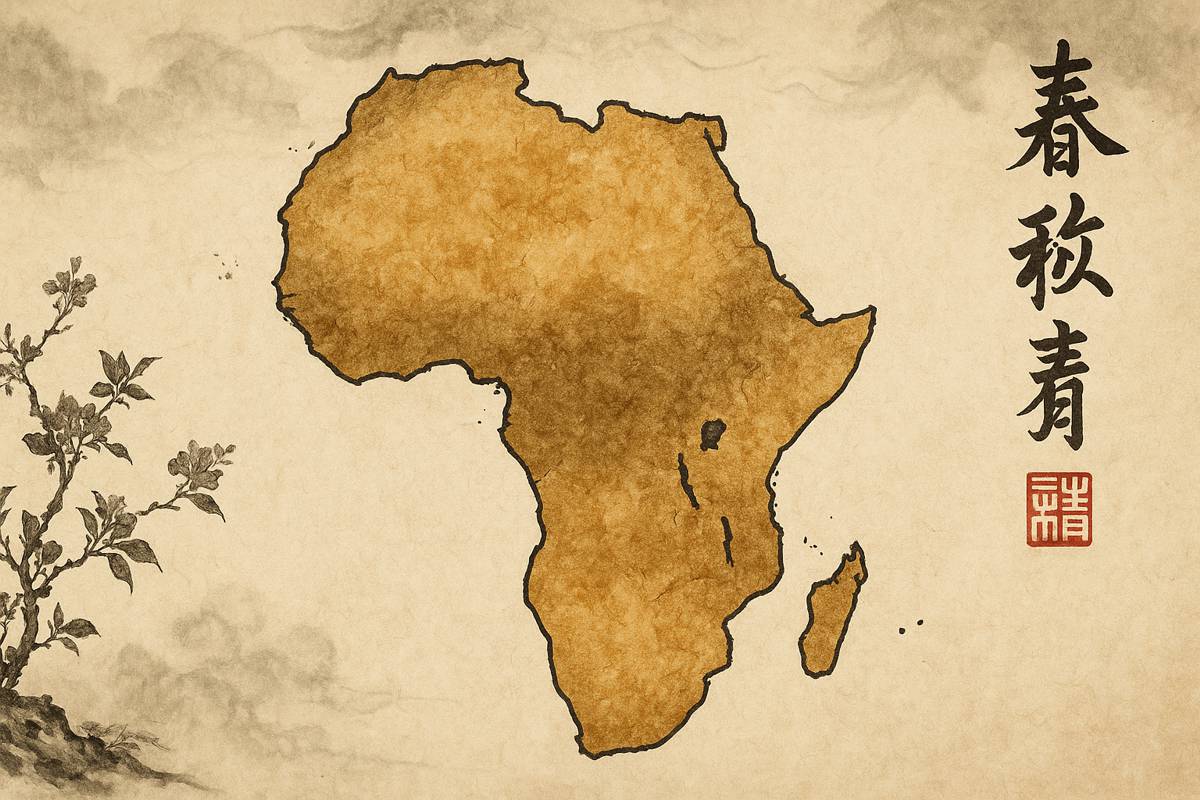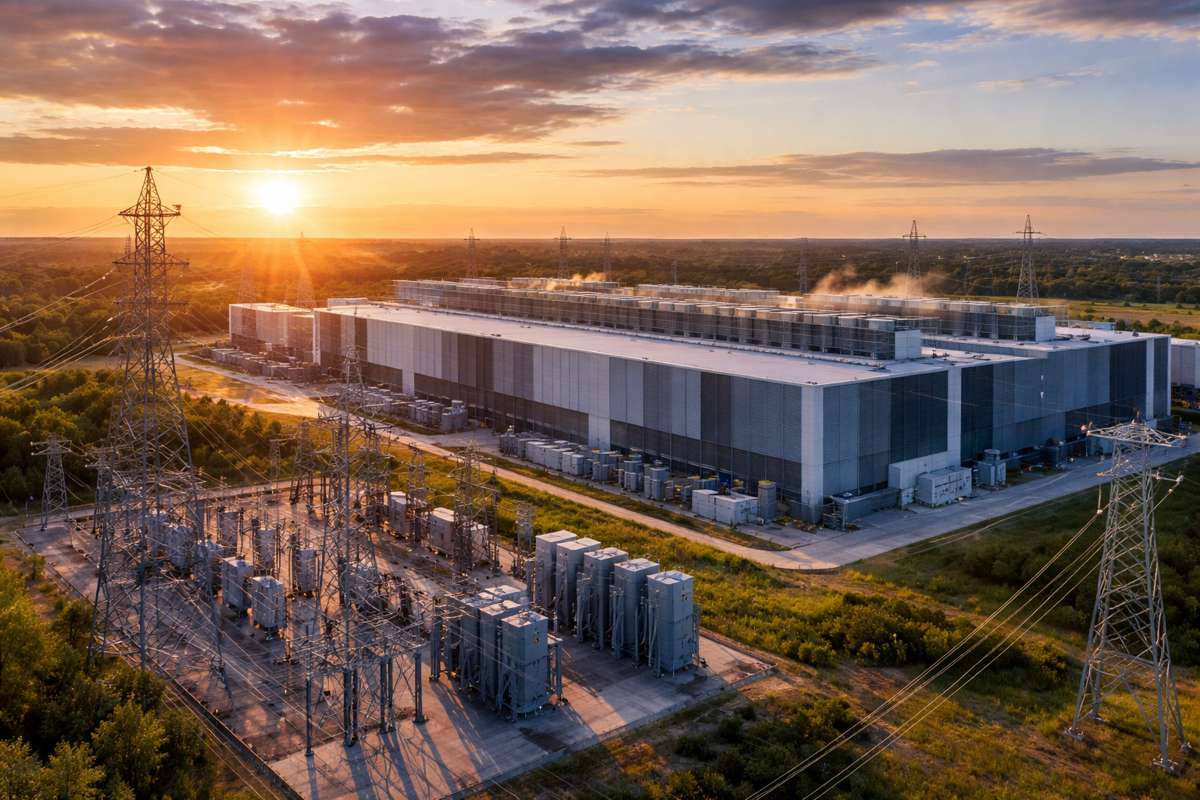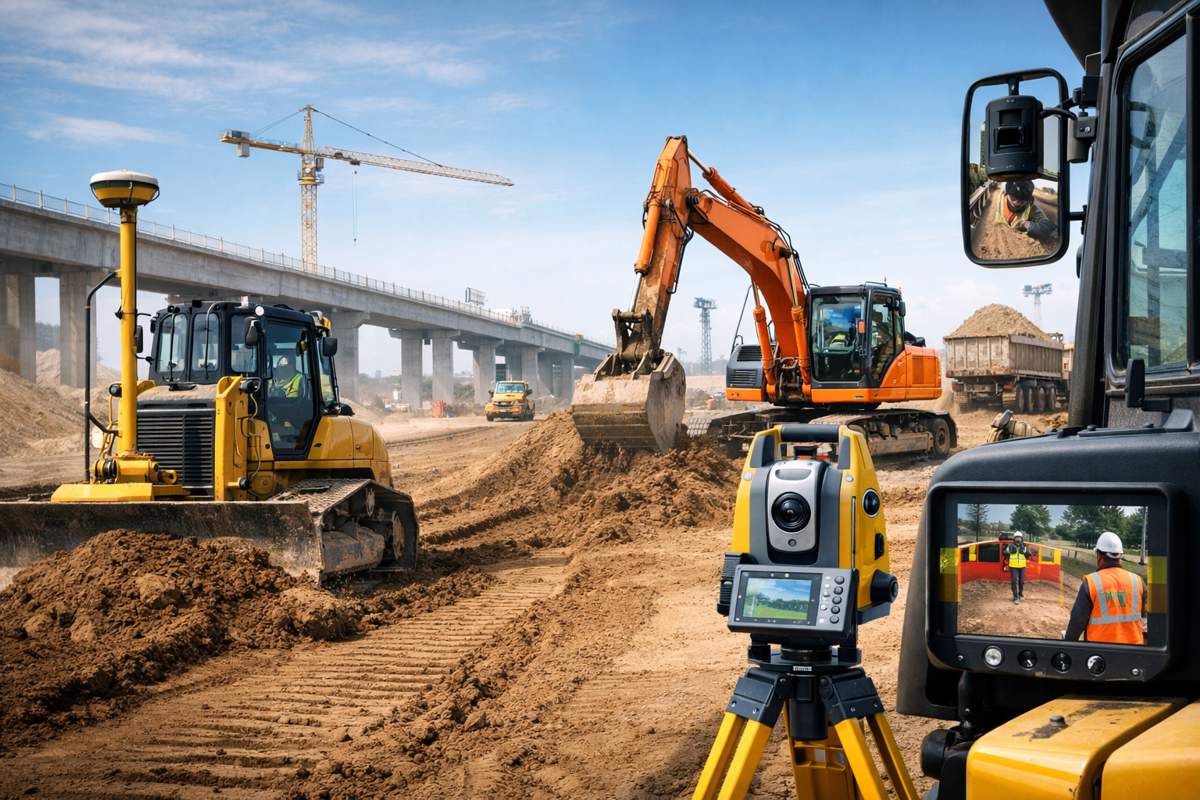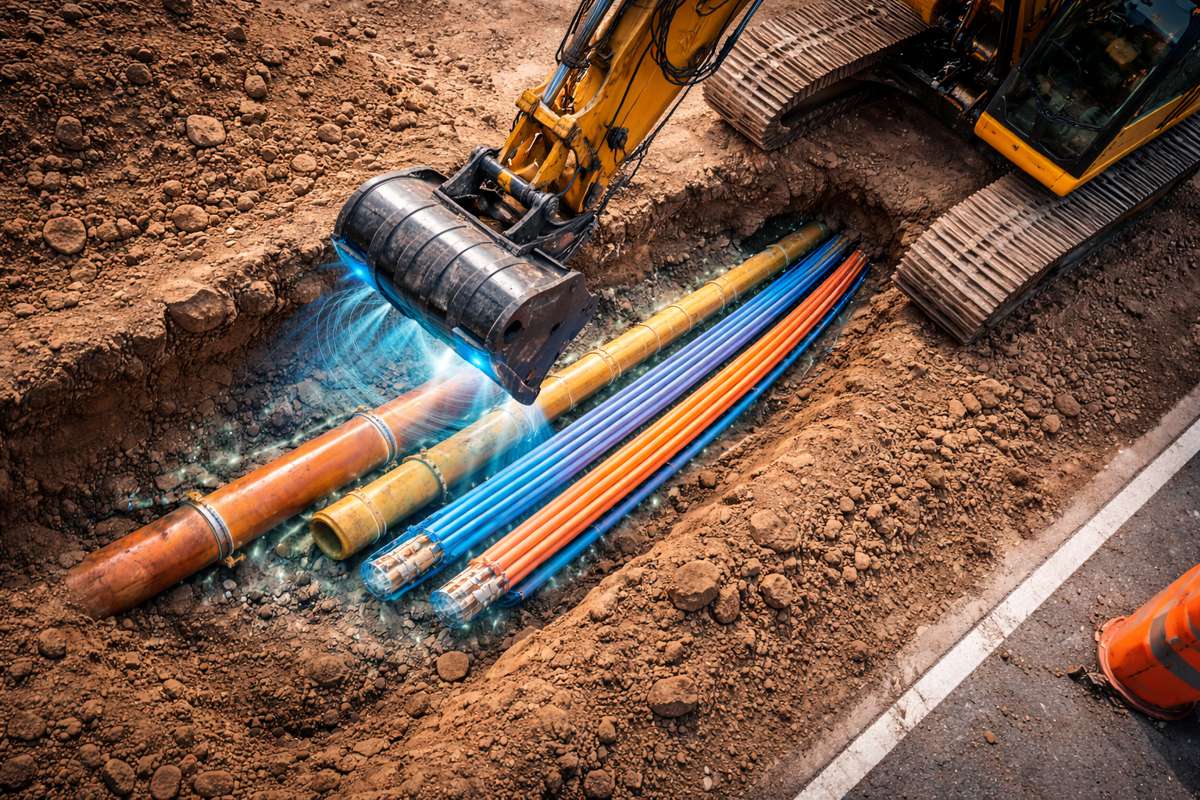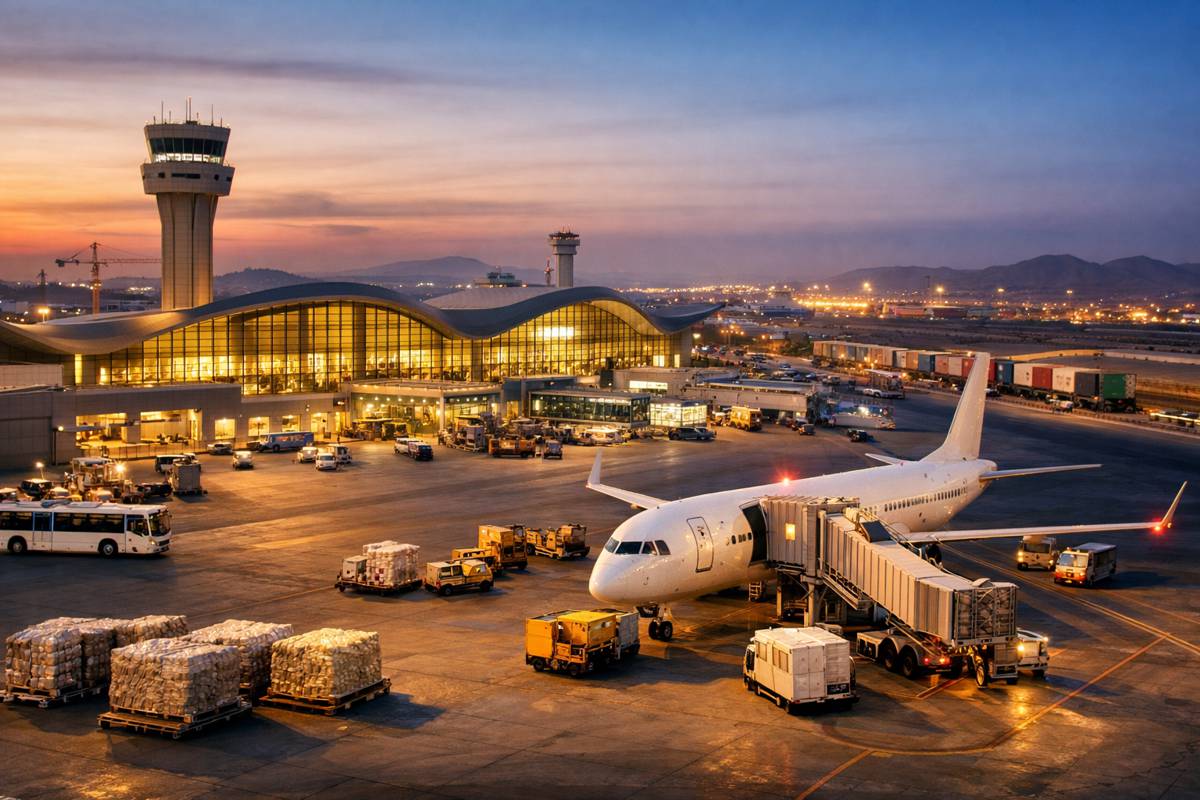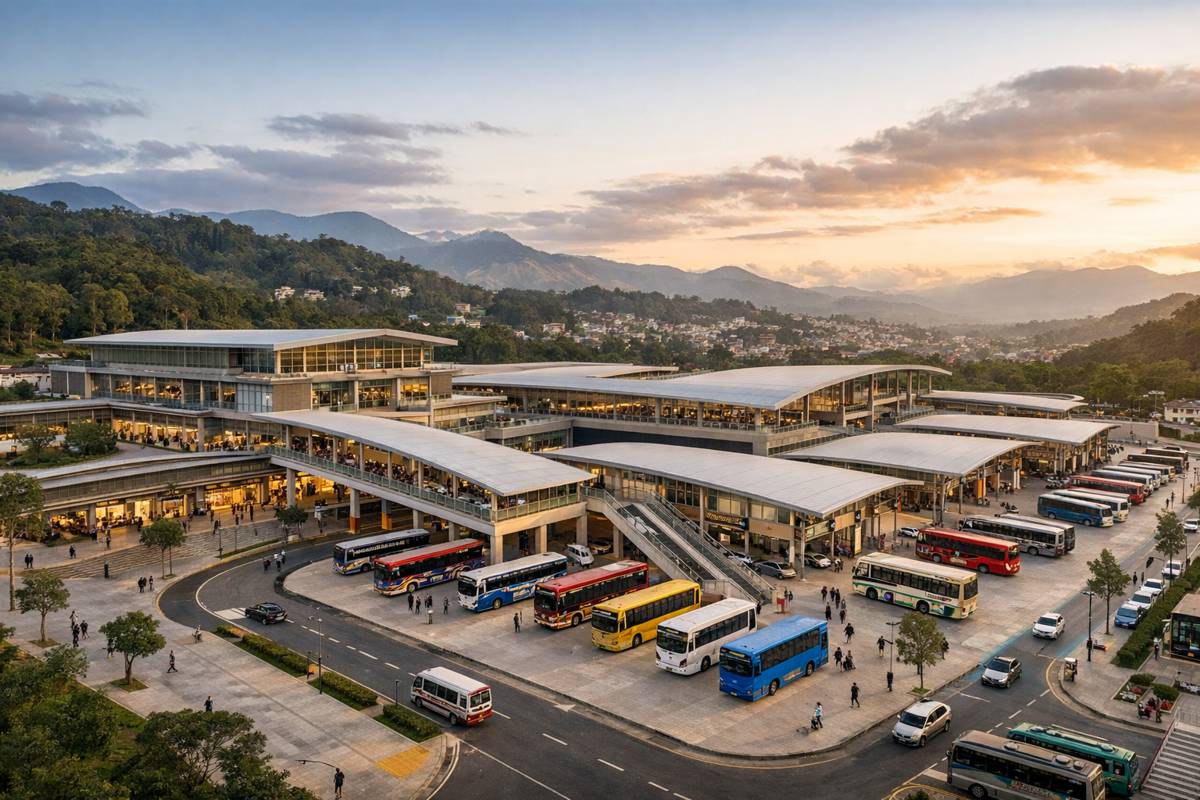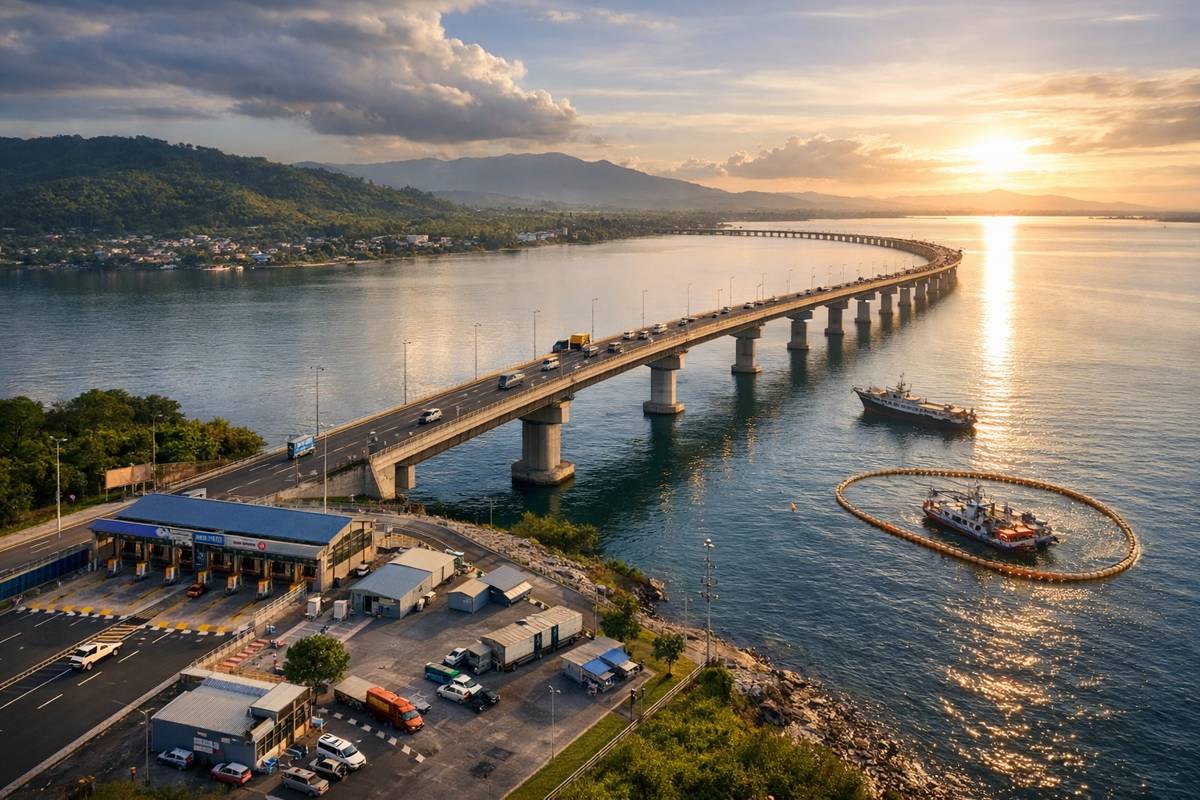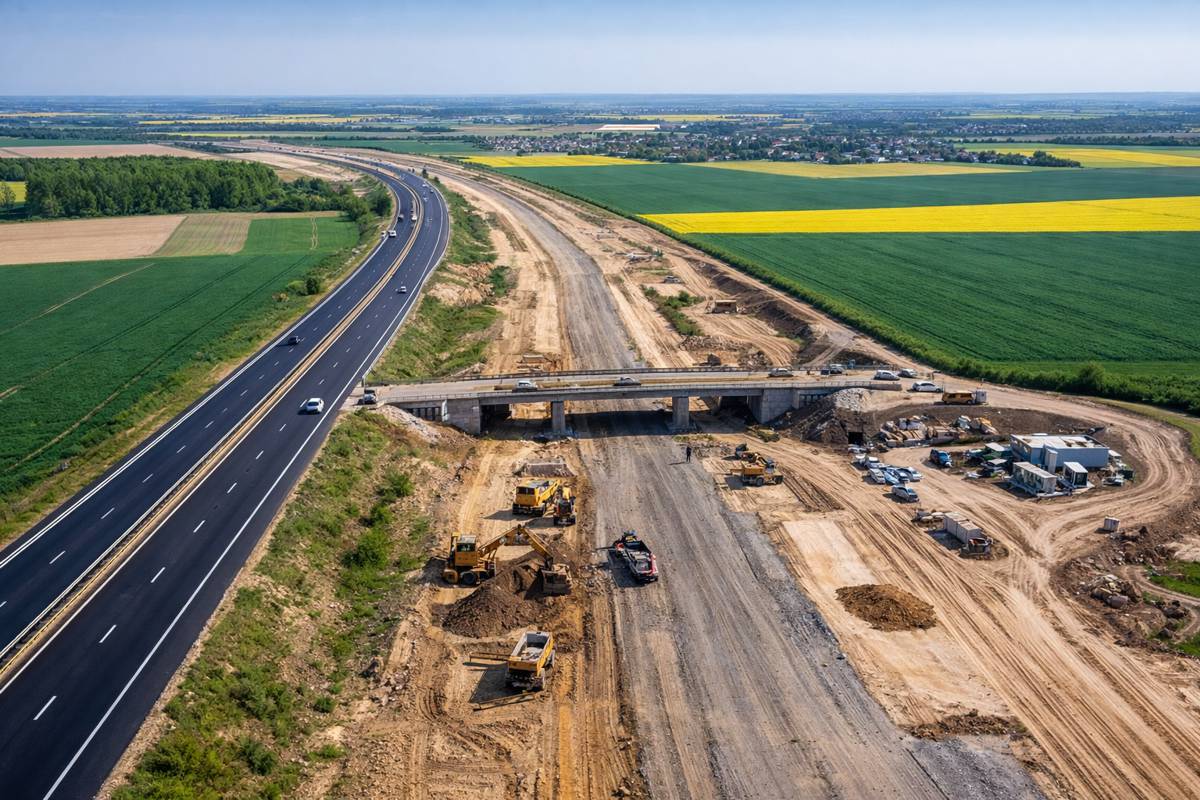Chinese Construction Giants Shifting Gears in Africa
It wasn’t long ago that Western firms had a near-monopoly on Africa’s big construction deals. Back in 1990, companies from the United States and Europe scooped up over 85% of major construction contracts across Africa. Chinese builders were barely on the radar. Fast forward a few decades and the landscape flipped dramatically. By 2020, Chinese companies were handling about one-third of Africa’s infrastructure projects worth $50 million or more, while Western firms’ share had plunged to roughly 12%. The meteoric rise of Chinese construction giants was fuelled by Beijing’s financial firepower and an aggressive push into Africa’s infrastructure boom.
For most of the past 25 years, Chinese construction firms could count on generous backing from state-run banks and Beijing’s diplomatic heft to win projects. The Belt and Road Initiative (BRI) era saw Chinese lenders bankroll highways, railways, ports and power dams from Nairobi to Abuja. As two Nigerian researchers, Ikenna Onwuegbuna and Joseph Ogunleye, observed in a recent study: “Between 2000 and 2019, Chinese funders committed almost $50 billion to African transport projects… Six years ago, this started to change as Chinese lenders began to pull back.” That inflection point around 2019 marked the end of an era of easy money. Chinese policy banks, facing their own pressures and mounting African debt risks, sharply scaled down new loans. In fact, China’s lending to Africa peaked in 2016 and then plummeted to its lowest levels in a decade by 2019.
Funding Drought Forces New Approach
Beijing’s credit slowdown could have spelled trouble for Chinese contractors in Africa, but it hasn’t. Despite the funding drought, Chinese builders continue to thrive on the continent. They remain the lead builders in key markets like Nigeria, Kenya and Ghana, even as state-backed financing dwindled to about $6 billion total in the years since 2019. With easy loans no longer guaranteed, these companies had to adapt fast or risk losing their hard-won foothold.
The name of the game has become adaptability. As the Nigerian researchers observed from their fieldwork, Chinese firms learned to pivot and find new ways to sustain their expansion. “The key to market expansion is firms’ ability to shift between these strategies: sometimes leaning on the Chinese state, sometimes on other multinationals, sometimes on local elites,” the study found. In other words, Chinese contractors are no longer single-track actors dependent only on Beijing’s largesse. They can tap into international finance or form joint ventures when Chinese loans dry up, and they cultivate relationships with power brokers in African countries to keep projects flowing.
This flexibility became essential once China’s state banks tightened their purses. For example, when funding for big-ticket projects became scarcer, Chinese firms pursued public-private partnerships and sought financing from African governments or global institutions. In Kenya, China Road and Bridge Corporation (CRBC) famously built the Standard Gauge Railway with Chinese government loans, a project that gave it enormous visibility with Kenyan authorities. But in recent years, CRBC switched gears, working closely with local ministries to anticipate infrastructure needs and even pitching project ideas before tenders are issued. In Ghana, another major builder, China Harbour Engineering Company (CHEC), entered via Chinese-financed port projects in the 2010s, then stayed active by teaming up with Western multinationals on port expansions when Chinese funding ebbed. These examples show how Chinese firms shifted from relying purely on Beijing’s chequebook to mixing and matching strategies for each market.
Embedding in Local Networks
Beyond chasing alternative project finance, Chinese construction companies have been embedding themselves more deeply in Africa’s business and political networks. Rather than parachuting in for one-off projects, they’re establishing local offices, hiring more local staff, and engaging with community and government stakeholders. The researchers observed a concerted effort by Chinese firms to build trust and influence on the ground: “They develop individual relations with key political and business figures,” the study noted. In practical terms, that means cultivating ties with ministry officials, private partners, and even rival companies when beneficial.
These relationships give Chinese contractors a head start when new opportunities emerge. By working hand-in-hand with local authorities, companies like CRBC have been known to help draft feasibility studies and shape project plans long before official tenders come out, effectively aligning their proposals with host countries’ priorities. This proactive approach, often done in close coordination with Africa’s elites, ensures Chinese firms are in pole position once bids are invited. It’s a notable shift from the earlier days when deals were frequently struck government-to-government; now Chinese companies are acting more like savvy market players, networking and lobbying within the host country to win business on merit and connections.
Another aspect of local embedding is addressing some of the criticisms that have trailed Chinese projects in Africa. Past practices of importing large Chinese workforces or sidestepping local contractors drew backlash. Today, major Chinese builders are increasingly sensitive to local content requirements and public opinion. They are signing on local subcontractors, training African engineers, and engaging in corporate social responsibility initiatives to improve their image. All of this is aimed at entrenching their presence for the long haul. As Beijing itself faces image issues, it has nudged its firms to integrate better, a strategy to counter accusations of neo-colonialism and to show that Chinese companies can be true partners in Africa’s development.
Competing on a Level Playing Field
The evolving strategy has also forced Chinese contractors to behave more like their global competitors. No longer assured of exclusive deals via Chinese state agreements, they are bidding in open tenders and partnering with whoever brings value, even if that means teaming up with Western or local firms. The Nigerian academics argue this adaptability challenges the old notion that Chinese builders are just extensions of Beijing’s foreign policy. “We show that many Chinese firms increasingly behave like their western private counterparts: competing for contracts, partnering with other international actors, and adapting to local conditions,” the authors write.
This shift has levelled the playing field in some respects. Chinese firms now routinely go head-to-head with European, Turkish, or South African companies for major projects. Often, they still win, thanks to a track record of cost efficiency and speed. Studies have found that Chinese companies can build infrastructure at lower cost; for example, one analysis noted they could erect high-speed rail lines at about two-thirds the cost of European firms. Such competitive edges, combined with their willingness to take on projects in challenging environments, mean Chinese bidders remain tough to beat. But crucially, African governments now have more choice and leverage. With multiple players at the table, including the Chinese who are keen to prove their mettle in fair competition, African clients can negotiate better terms and demand higher standards.
Indeed, the presence of Chinese builders has spurred Western firms and governments to up their game. Initiatives like the EU’s Global Gateway, a $170 billion plan for African infrastructure, and renewed efforts by the US and Europe to offer viable alternatives are direct responses to China’s dominance. Yet on the ground, many Western contractors admit it’s hard to compete. African projects often still land in Chinese hands because of faster delivery and flexible financing arrangements. The difference now is that Chinese companies are securing these deals not just through state-to-state diplomacy, but by outbidding and outmanoeuvring rivals in the marketplace.
From Roads to Factories
Not only are Chinese firms adjusting how they build, they’re also expanding what they build. The strategy in Africa is moving beyond just infrastructure contracts into deeper economic integration. In recent years, Chinese investors have started funding factories, mines, and special economic zones across Africa, a proactive bid to create local industries and secure supply chains. Instead of simply exporting raw African commodities to feed factories in China, Beijing is encouraging its companies to set up those factories on African soil. For instance, rather than shipping cobalt from the Democratic Republic of Congo to China for battery production, a Chinese venture might build a battery-component plant in Southern Africa and process the cobalt locally.
This twofold approach serves multiple aims. African countries get much-needed industrialization, jobs and skills transfer, ticking the box for local economic development. China, on the other hand, gains more reliable access to resources and new markets for its goods, while also buffering against global trade tensions.
A recent example is how China has deepened ties with South Africa amid U.S.-China trade frictions, investing in South African manufacturing as a way to both bypass Western tariffs and cement alliances. The shift is evident: Chinese construction firms are not just building highways and bridges now, but also helping build Africa’s manufacturing capacity and future consumer base. New industrial parks and economic zones backed by Chinese capital have popped up in countries from Ethiopia to Egypt, bringing Chinese factories and African labour together. Chinese companies already account for an estimated 12% of Africa’s industrial output, and nearly half of the continent’s large construction projects involve Chinese contractors. By branching into manufacturing and value-added industries, Chinese firms are entwining themselves even more deeply with Africa’s long-term growth story.
The Road Ahead
As Chinese construction firms adjust their sails, Africa’s infrastructure journey is entering a new phase. The old model of massive Beijing-funded projects is giving way to a more complex, multipolar game. African governments, for their part, have gained confidence to assert their priorities and demand better deals. There is a growing sense that the relationship is maturing, from one defined largely by Chinese loans and African debt, to one of more balanced partnerships. With competition heating up, African leaders can leverage Chinese, Western, and other investors against each other to get the best value for their nations.
The consensus among industry watchers is that China isn’t retreating from Africa at all, just reinventing its approach. Even after a brief slowdown, Chinese investment is expected to pick up again as global conditions stabilize. From high-speed rail lines to high-tech industrial hubs, Chinese firms are positioning to deliver the next generation of projects, albeit through varied financing and partnership models.
The Chinese contractors who once operated with Beijing’s safety net are now largely standing on their own feet in Africa’s competitive market. And they’re discovering that this competitive, adaptive approach is not only necessary but can be mutually beneficial. As the researchers put it: “The next phase of Africa-China infrastructural engagement will not be defined by large Chinese loan packages. It will be driven by operational contexts, various alliances, and a competitive world market.”
In short, China’s builders in Africa are shifting gears rather than hitting the brakes. Past, present, and future are converging on construction sites across the continent, where Chinese cranes mingle with local workers and international partners. The strategy may have evolved from what it was a decade ago, but the cranes are still swinging, and Africa’s skylines are still rising, with a significant Made-in-China imprint, now adapted for a new era.
